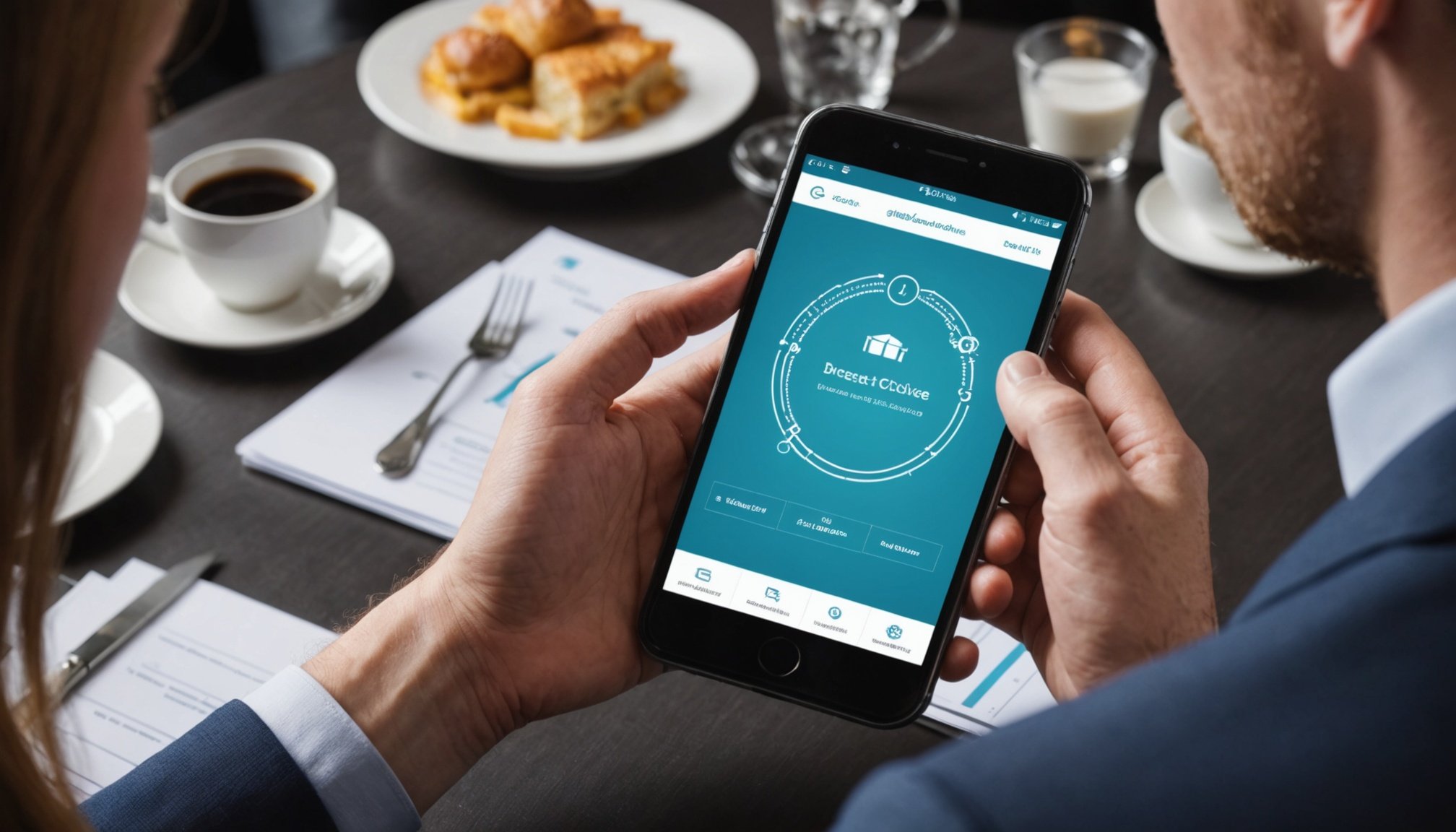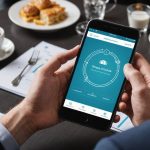Understanding Data Analytics in Event Planning
In today’s rapidly evolving event planning industry, the adoption of data analytics has become indispensable. By harnessing the power of data, event planners can make agile and informed decisions that not only reduce costs but significantly enhance the guest experience. But what exactly is data analytics in this context?
At its core, data analytics involves collecting, processing, and analysing data to extract valuable insights. In the realm of event planning, this translates to understanding guest preferences, optimising resources, and tailoring events to meet the specific needs of the audience.
Also to see : Boosting Employee Well-Being and Productivity: Innovative Strategies for UK Businesses
Enhancing Guest Experience
Imagine being able to predict which elements of an event will resonate most with the attendees. Data analytics makes this possible by tracking past behaviours and preferences. This information enables planners to create bespoke experiences that delight guests, ensuring their preferences are met at every turn.
Data-Driven Decision Making
The power of data-driven decision making is profound. From choosing venues to programming content, every aspect of event management can be fine-tuned using data. By relying on analytics, planners can ensure they make strategic decisions that align with both the event’s goals and the audience’s expectations, leading to more successful and memorable events.
In the same genre : Essential Strategies for UK Companies to Embrace a Zero-Waste Future
Key Tools and Technologies for Data Analytics
Understanding the role of critical technologies in data analytics can significantly enhance decision-making.
Overview of Popular Data Analytics Tools
With a myriad of analytics tools available today, organizations often rely on solutions like Google Analytics for web data, Tableau for visualization, and Python libraries like Pandas for data manipulation. Each tool has unique features designed to analyze vast amounts of data efficiently, providing insights that facilitate strategic planning.
Integration of Analytics with Event Management Software
In recent years, integrating analytics tools with event management software has revolutionized event planning. This integration allows for seamless data flow, enabling precise tracking of attendee preferences and engagement levels. By embedding analytics within event platforms, organizers can personalize experiences, optimize resource allocation, and measure event success more accurately.
Benefits of Using Advanced Technologies in Events
Adopting advanced technologies for event planning brings numerous advantages. Emerging trends in technology across the UK, such as AI-driven tools and IoT applications, have transformed traditional approaches. When selecting technologies, consider:
- Alignment with event objectives
- Ease of use and integration
- Proven effectiveness through case studies
These considerations ensure the chosen technology enhances event outcomes and provides a substantial return on investment.
Real-World Applications of Data Analytics in Events
Data analytics is making waves in the events sector, transforming how success stories and applications are shaped. Let’s explore some fascinating cases from the UK.
Notable UK Event Case Studies
Festival Insights: One standout example in the UK involves large music festivals. By harnessing data analytics, organisers have optimised entry flows, minimising wait times and enhancing attendee satisfaction.
Sporting Events: Data-driven decisions at sports events have improved logistics and security. For instance, analysing crowd movement data has led to heightened safety measures during large matches.
Business Conferences: In the corporate world, analytics have been used to personalise networking experiences by matching attendees with similar interests or potential business synergies.
Analysis and Outcomes
The results from these examples reveal that data insights allow for tailored event experiences, boosting engagement and satisfaction. Attendees are drawn to events offering personalised experiences.
Lessons Learned
Significant lessons include the necessity of ongoing data collection and analysis throughout the event lifecycle. It’s clear that data analytics must remain an integral part of event planning and execution to achieve optimal results and create compelling success stories.
Current Trends in Data Analytics for Events in the UK
The event industry in the UK is experiencing rapid transformation, with market trends driving the adoption of analytics innovations. Staying ahead in this competitive arena requires adapting to these evolving dynamics.
Emerging Trends in Data Utilization
Data analytics is reshaping the event industry by providing actionable insights. Companies are leveraging big data to refine their strategies, enhancing audience engagement and operational efficiency. This shift is facilitated by real-time data processing, allowing event planners to make informed decisions on the fly. Moreover, the advent of machine learning and AI is automating repetitive tasks, freeing up resources for more strategic activities.
The Future of Analytics in Event Planning
As the use of analytics innovations grows, the event industry is poised for a future where data-driven strategies become the norm. Predictive analytics will play a crucial role, helping organisers anticipate attendee preferences and optimise resource allocation. This forward-looking approach ensures that events are not only efficient but also enhanced in terms of visitors’ experiences.
The Shift Toward Personalization and Customization
The increasing demand for personalized experiences is reshaping the industry. Attendees expect events tailored to their unique preferences, and data analytics is key in achieving this. By harnessing social media data, planners can gauge not only public sentiment but also personalize offerings to enhance the guest experience, aligning with market trends.
Actionable Strategies for Event Planners
Event planners looking to elevate their next gathering can benefit greatly from implementation strategies that integrate data analytics. First, clearly define the event’s goals and the specific data insights you aim to gain. This might involve tracking registration patterns, regional interest, or preferred sessions. Establish how these analytics can refine your event planning process, shaping everything from layout to scheduling.
Optimising Guest Engagement
To enhance guest interactions, use data to inform choices. Deploying digital tools, like apps or online surveys, allows you to gather real-time feedback and interpret guest preferences. Based on this feedback, adjust your strategies promptly, ensuring a guest experience that aligns with their expectations.
Measuring the Impact
Consider how analytics affect the event’s success. Track metrics post-event to evaluate outcomes, looking at attendance numbers, satisfaction scores, and social media engagement. These statistics can offer a comprehensive picture of the event’s triumph and pinpoint areas for improvement.
Incorporating data-driven strategies helps cater events precisely to participant needs, ultimately fostering a memorable and engaging experience for everyone involved.











